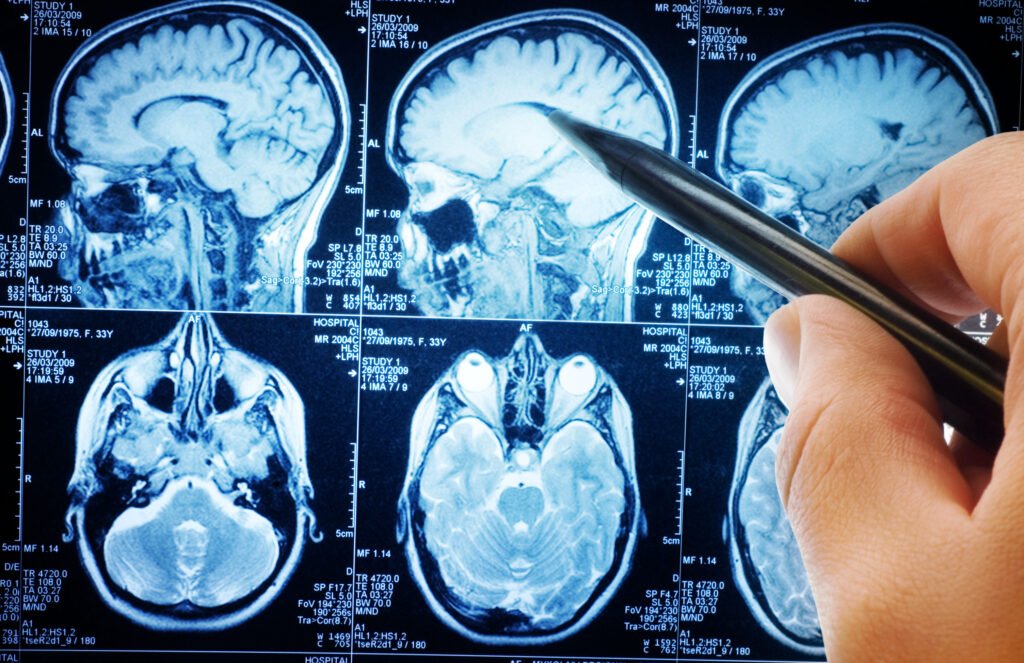
It’s often a long, stressful road to a diagnosis of multiple sclerosis. While technology and medical techniques have certainly advanced in recent years, the diagnosis process still involves collecting a…
It’s often a long, stressful road to a diagnosis of multiple sclerosis. While technology and medical techniques have certainly advanced in recent years, the diagnosis process still involves collecting a…
In the past, diagnosing MS took a long time. Collecting the evidence that leads to diagnosis was based mostly on making clinical observations — keeping track of common MS symptoms,…
Dr. Teri Schreiner’s work in MS is focused on the rarest of patients: children. The vast majority of newly-diagnosed patients are roughly between the ages of 25 and 45, but…
Despite New Technology and Guidelines, Diagnosing MS isn’t Always Straightforward The RMMSC’s Dr. Amanda Piquet specializes in MS and other autoimmune neurological disorders. We spoke to Dr. Piquet to get…
Early and accurate diagnosis of MS is probably the most important component of MS treatment — getting patients on effective therapies as quickly as possible has a dramatic effect on…
Finding a ‘Typical’ Presentation in a Disease that’s Anything But Typical If you’re reading this, you or a loved one probably have direct experience with receiving an MS diagnosis. And…
When looking back at 40 years of MS history, it’s hard to overstate the importance of one technological advancement in particular — the MRI. MRI, or magnetic resonance imaging, was…


